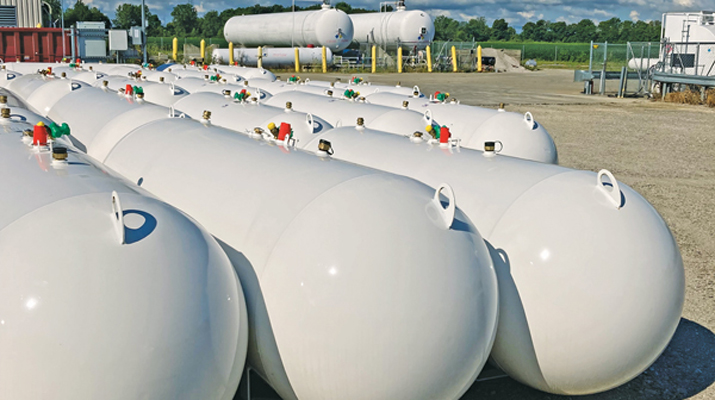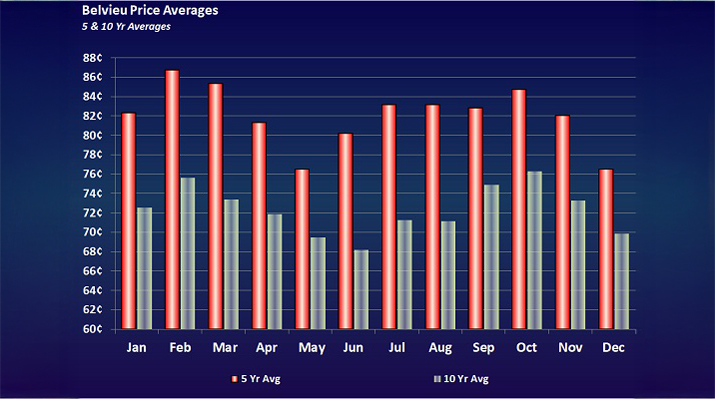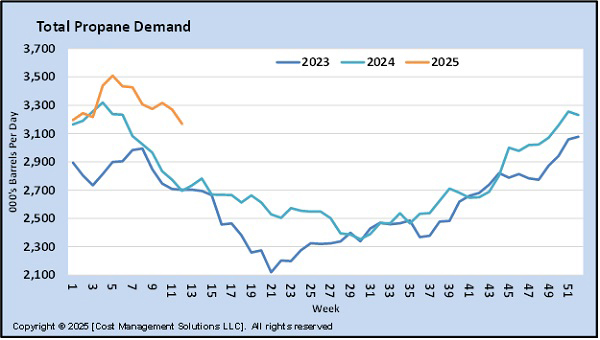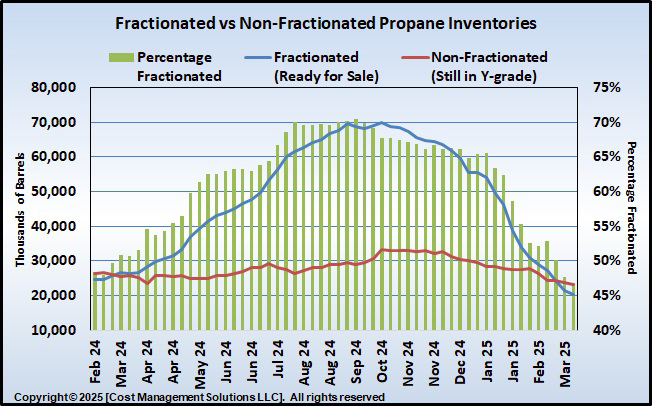Collaborating on clean cooking changes lives
Every year, around 3.5 million deaths are linked to a lack of clean cooking solutions.
Mobilizing the global community is essential to advance the clean cooking agenda and unlock huge health and environmental benefits.
Cooking may not be front of mind when thinking about international development. But around 2.3 billion people globally still lack access to basic cooking solutions and instead rely on wood, animal dung and other polluting fuel sources.
Every year, a lack of clean cooking is linked to around 3.5 million deaths. To put this into context, roughly 600,000 people die each year from malaria, which has received far more attention and investment globally to attempt to eliminate the mosquito-borne disease.
Public health isn’t the only area impacted by this issue. Open fires and inefficient wood-burning stoves emit 25 percent of global black carbon emissions, which is the second largest contributor to climate change globally. The near-term environmental impacts are clearer still; huge swathes of forest are lost every month in countries across the world just to provide firewood.
The impact on education and wider socioeconomic development is more difficult to quantify but equally alarming. In many regions around the world, gathering fuel, tending fires and cooking tends to fall primarily on women and children – leaving them disproportionately affected by associated health risks and taking huge amounts of time which could be transformative to millions of lives if used for education, upskilling and paid employment.
Nowhere are these public health, environmental and development impacts felt more acutely than in Africa. Eighty percent of people across the continent still rely on rudimentary methods to prepare food. Shockingly, clean cooking access is as low as 4 percent in countries like the Democratic Republic of Congo and Niger; though this topic has historically fallen by the wayside for policymakers and international organizations.
Clean Cooking Declaration
Governments, companies and multilaterals are finally waking up to the scale of this crisis. Earlier this month, the International Energy Agency mobilized heads of state, ministers, industry executives and nongovernmental organizations at an inaugural summit in Paris to address clean cooking in Africa. Stakeholders around the globe convened to sign the Clean Cooking Declaration, which pledges to make 2024 a pivotal year for clean cooking and enhance efforts toward achieving universal access for all.
To achieve this by 2030, around 300 million people would need to gain access to clean cooking solutions each year. Across the summit, liquefied petroleum gas (LPG) was highlighted as a critical and immediate solution that will be essential to meet this ambition.
As a readily available solution that can be deployed at speed and at scale, LPG will play a key role. LPG has a far lower environmental impact than solid fuels. Recent independent studies suggest that a switch from traditional fuels to LPG between now and 2040 would decrease cumulative CO2 emissions by about 3 billion tons, which equates to the annual emissions from about half a billion cars, or one third of the cars currently on the road worldwide.
We know this works: LPG is already transforming the lives of people in rural and disadvantaged communities. The Pradhan Mantri Ujjwala Yojana (PMUY) program in India, for instance, has provided clean cooking access to more than 100 million families by offering government support for LPG cylinders and connections. LPG cylinder penetration increased from 62 percent in 2016 to 99.8 percent in 2021 as a result of this government initiative, provoking a notable decrease in firewood consumption in rural areas, a reduction in emissions and improved safeguarding of the health of women and children.
Replicating this success across Africa will require a considerable, concerted – and most importantly, collaborative – effort. Increasing access to clean cooking solutions such as LPG will require public and private sectors to work together to deliver meaningful change. By establishing stable and supportive policy frameworks and providing appropriate incentives, governments can catalyze private sector innovation and unlock necessary capital to drive investment. The scale of the clean cooking problem can be solved by industry but only if the right enabling environment is in place.
Now, more than ever, it is down to industry, policymakers and citizens to carry this momentum forward and make clean cooking a reality for all. By collaborating across borders, sectors and societies, we can ensure that 2024 will indeed mark a turning point for clean cooking globally.
James Rockall is CEO and managing director of the World Liquid Gas Association.
















